Fact Sheets about Genomics
The National Human Genome Research Institute (NHGRI) has produced this series of fact sheets to explain complex concepts in genomics research to a non-scientific audience. Teachers, students and the general public alike will find the materials clearly written and easy to understand.
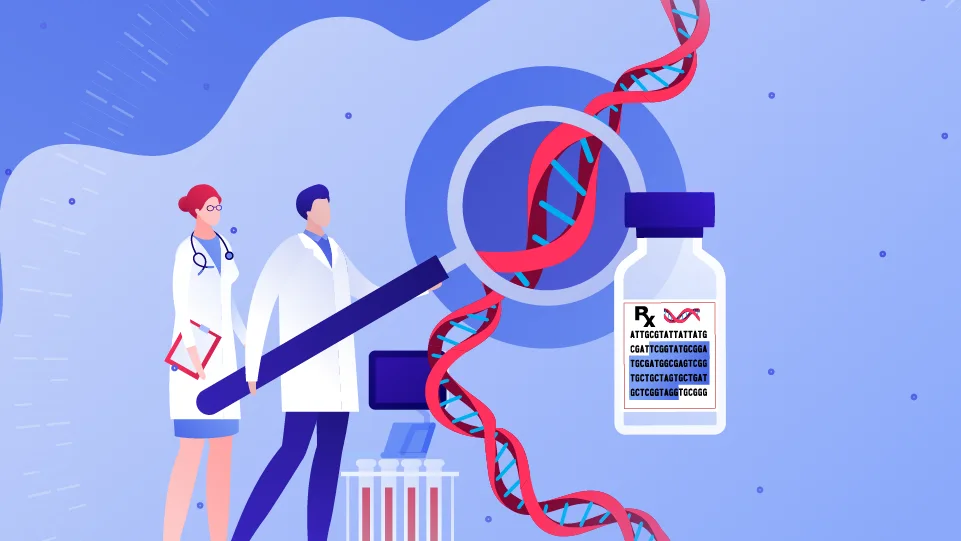
Pharmacogenomics is a growing area of genomic medicine that uses a patient's genomic information to help healthcare providers select the medications and dosages that are predicted to work best in each patient.
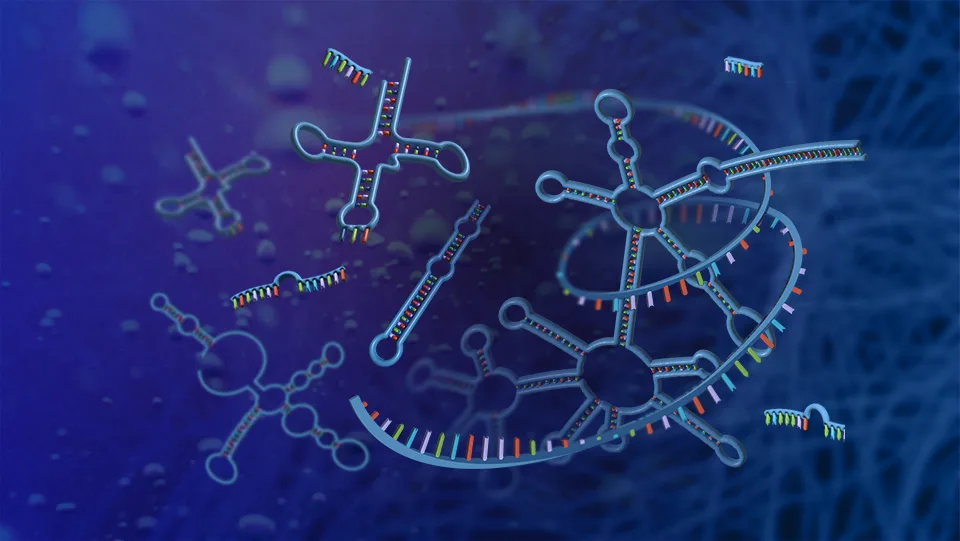
Ribonucleic acid (RNA) is an essential molecule that performs many roles in the cell, from carrying the instructions to make proteins to regulating genes.
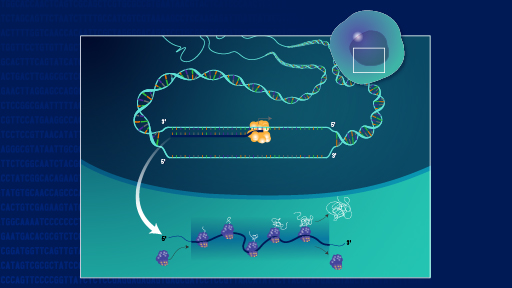
A transcriptome is a collection of all the gene readouts present in a cell.
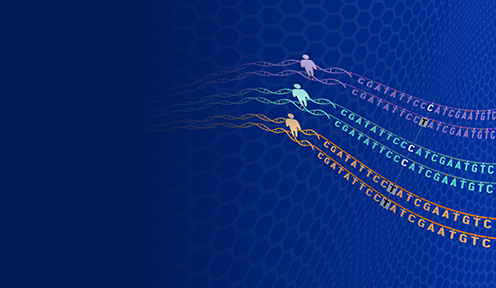
Genomic variation accounts for some of the differences among people, including important aspects of their health and susceptibility to diseases.

A fact sheet detailing how the project began and how it shaped the future of research and technology.

With increasing complexity in genomic data, researchers are turning to artificial intelligence and machine learning as ways to identify meaningful patterns for healthcare and research purposes.

Informed consent is more than a form; it’s a process. What does it involve?

Several regulations and policies stipulate the information that must be given to research participants prior to their enrolling in a study.
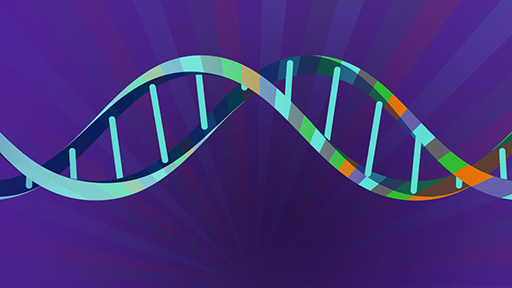
Participation in genomics research is essential for improving the health of everyone.

Eugenics is the scientifically erroneous and immoral theory of “racial improvement” and “planned breeding,”

Viruses are bundles of genetic material wrapped in a protein coat that can infect living things.

mRNA vaccines inject cells with instructions to generate a protein that is normally found on the surface of SARS-CoV-2, the virus that causes COVID-19.
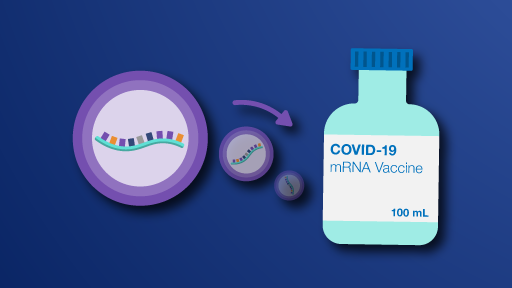
Early in the COVID-19 pandemic, researchers used state-of-the-art genomic sequencers to quickly sequence the SARS-CoV-2 virus.

Genomic research has been central to understanding and combating the SARS-CoV-2 (COVID-19) pandemic.
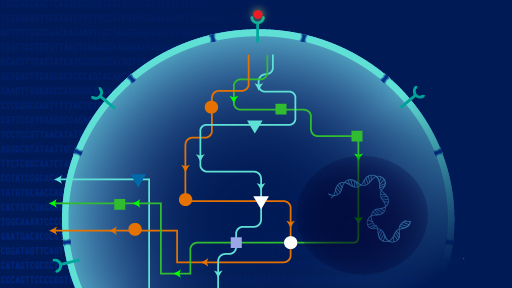
A biological pathway is a series of actions among molecules in a cell that leads to a certain product or a change in the cell.
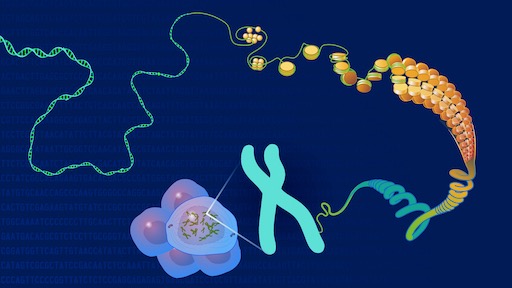
Genomics is the study of all of a person's genes (the genome), including interactions of those genes with each other and with the person's environment.
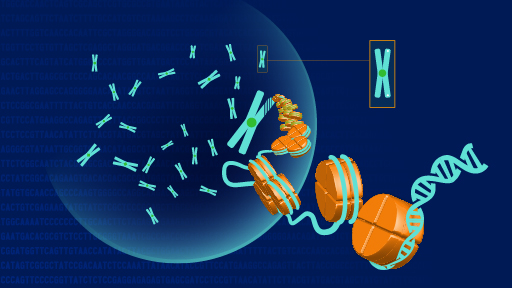
Chromosomes are thread-like structures located inside the nucleus of animal and plant cells.
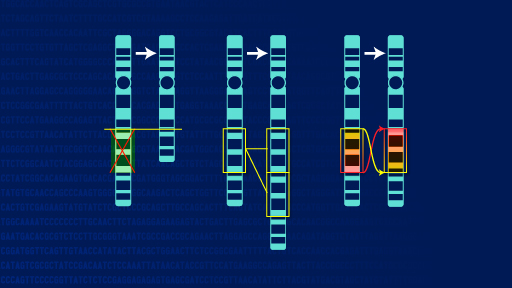
Chromosome abnormalities can either be numerical or structural and usually occur when there is an error in cell division.
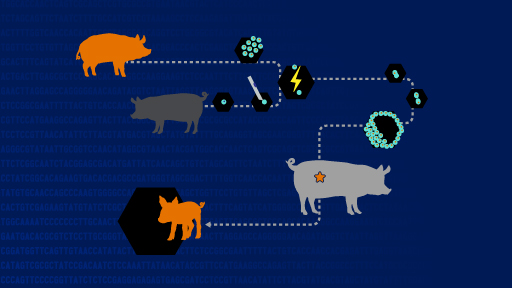
Cloning describes a number of different processes that can be used to produce genetically identical copies of a biological entity.
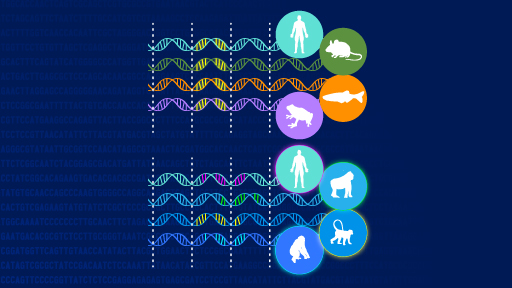
Comparative genomics is a field of biological research in which researchers compare the complete genome sequences of different species.

Estimated cost of sequencing the human genome over time since the Human Genome Project.
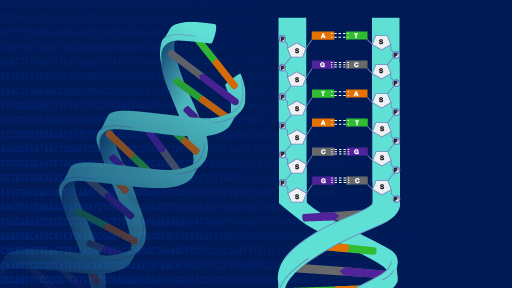
Deoxyribonucleic acid (DNA) is a molecule that contains the biological instructions that make each species unique.
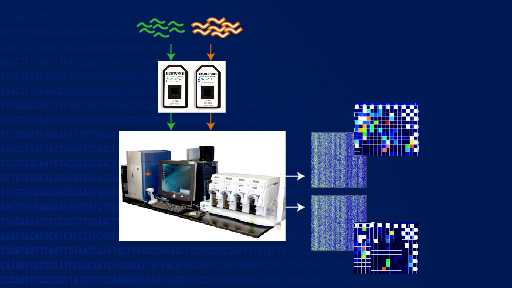
A DNA microarray is a tool used to determine whether the DNA from a particular individual contains a mutation in genes.

Data used to estimate the cost of sequencing the human genome over time since the Human Genome Project.
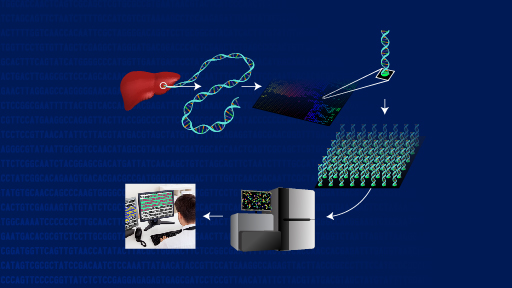
DNA sequencing determines the order of the four chemical building blocks - called "bases" - that make up the DNA molecule.
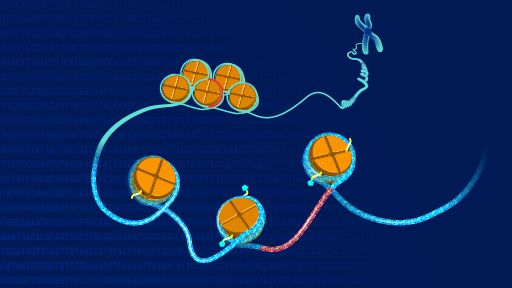
Epigenomics is a field in which researchers chart the locations and understand the functions of all the chemical tags that mark the genome.
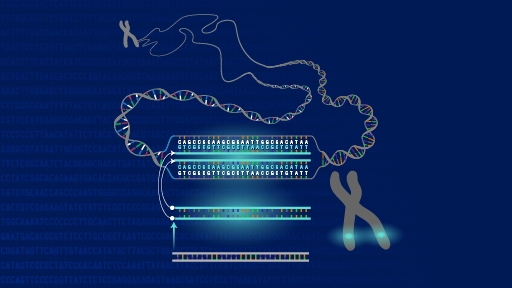
Fluorescence in situ hybridization (FISH) provides researchers with a way to visualize and map the genetic material in an individual's cell.

Genomic data science is a field of study that enables researchers to use powerful computational and statistical methods to decode the functional information hidden in DNA sequences.
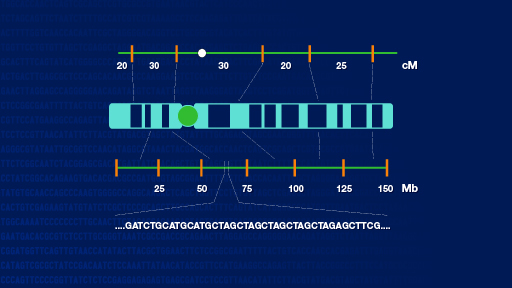
Genetic mapping offers evidence that a disease transmitted from parent to child is linked to one or more genes and clues about where a gene lies on a chromosome.
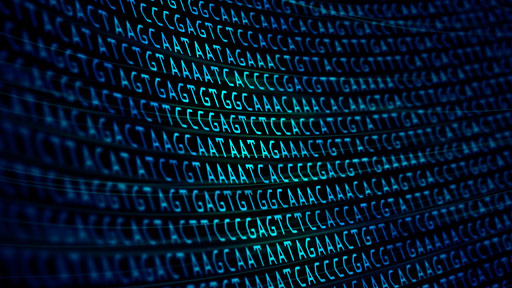
Genetics refers to the study of genes and their roles in inheritance. Genomics refers to the study of all of a person's genes (the genome).
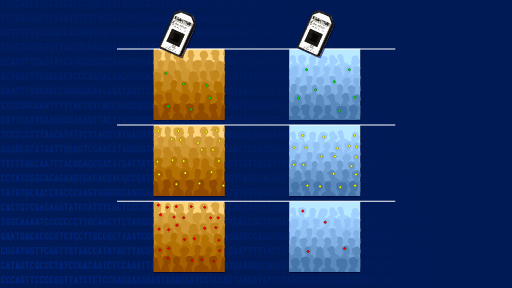
Genome-wide association studies involve scanning markers across the genomes of many people to find genetic variations associated with a particular disease.
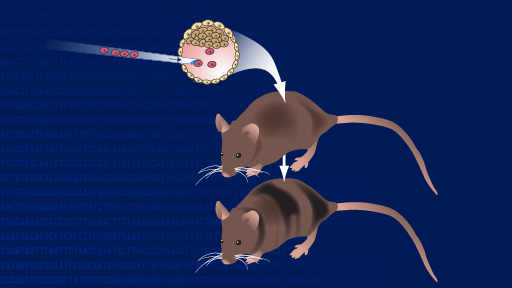
A knockout mouse is a laboratory mouse in which researchers have inactivated an existing gene by replacing it or disrupting it with an artificial piece of DNA.
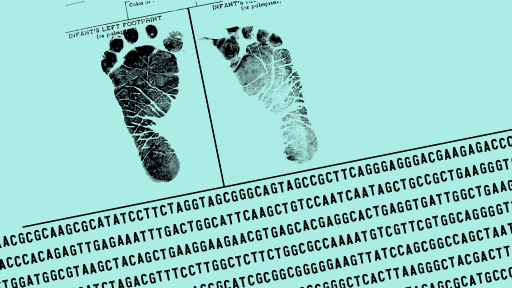
Newborn screening tests use a dried blood sample collected during the first week after birth to measure the presence of disease biomarkers.
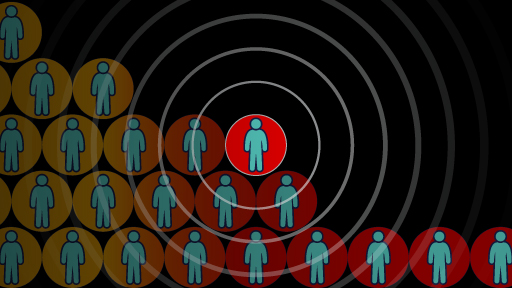
A polygenic risk score is one way by which people can learn what their risk of developing a disease is, based on the total number of genomics variants related to the disease.
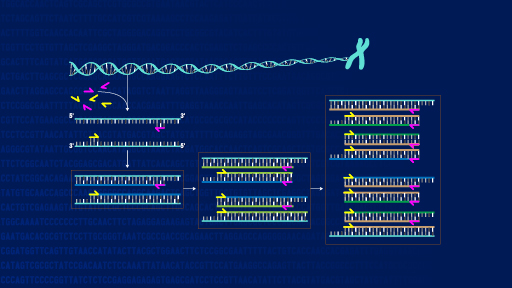
Polymerase chain reaction (PCR) is a technique used to "amplify" small segments of DNA.
Last updated: February 24, 2025
